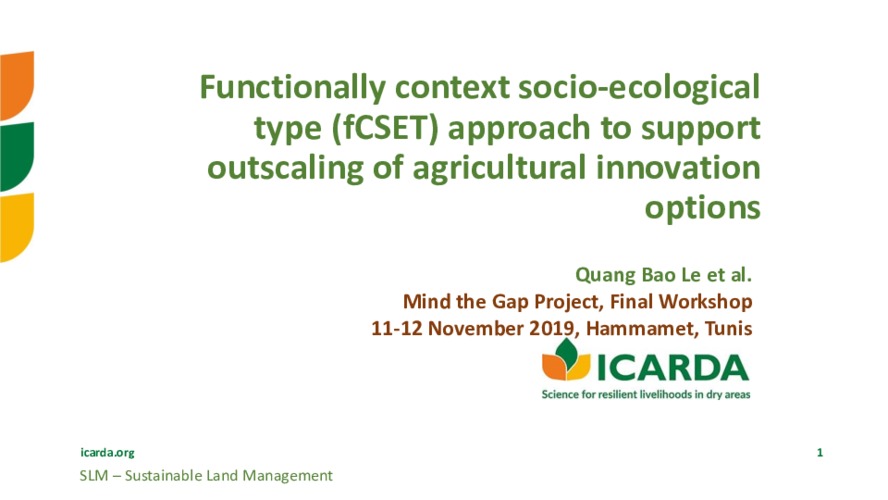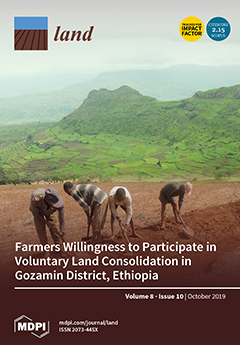Tools for Soil Organic Carbon Estimation and Management Science-Policy Brief
Land degradation neutrality (LDN) is achieved if land degradation is avoided or reduced, and new degradation is balanced by reversing degradation elsewhere in the same land type through restoration or rehabilitation. The primary instrument for avoiding and reducing degradation is the application of sustainable land management (SLM) approaches and technologies. Because of its multifunctional roles and its sensitivity to land management, soil organic carbon (SOC) is one of the three global indicators for LDN, so predicting and monitoring change in SOC is vital to achieving LDN targets.








